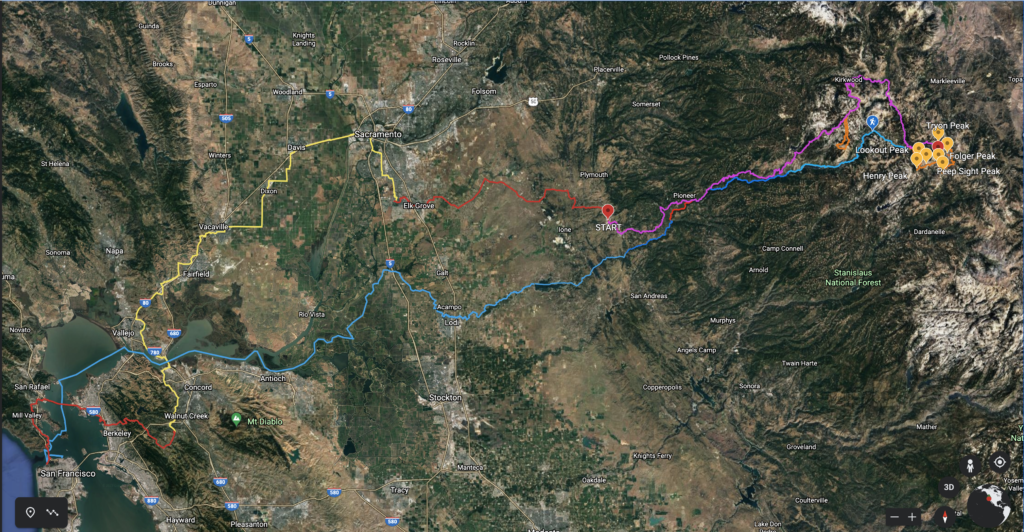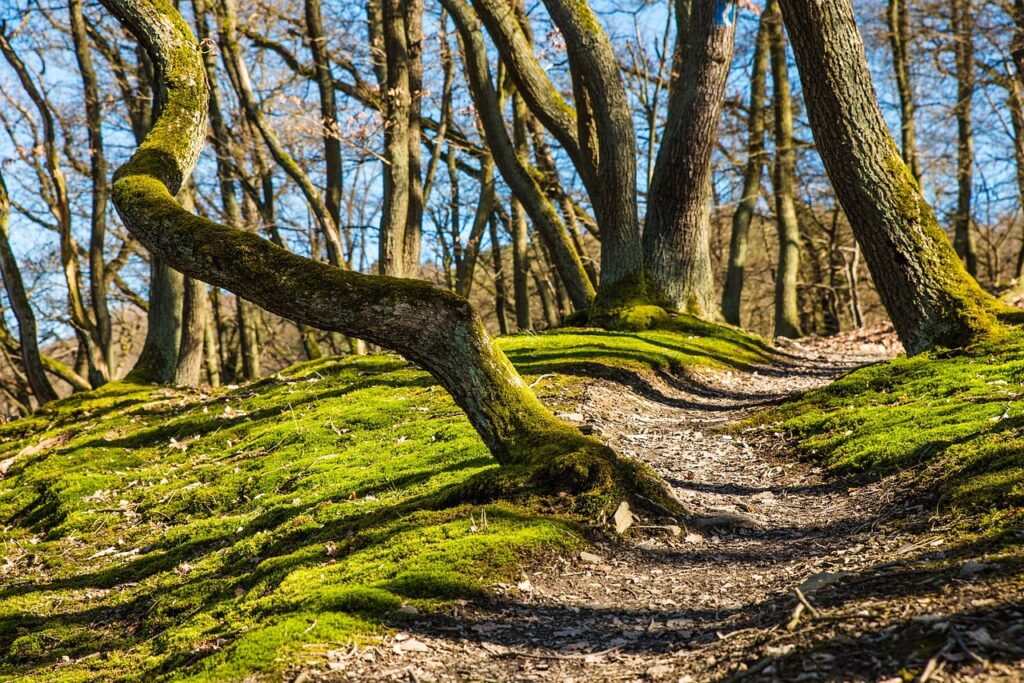ADVENTURES
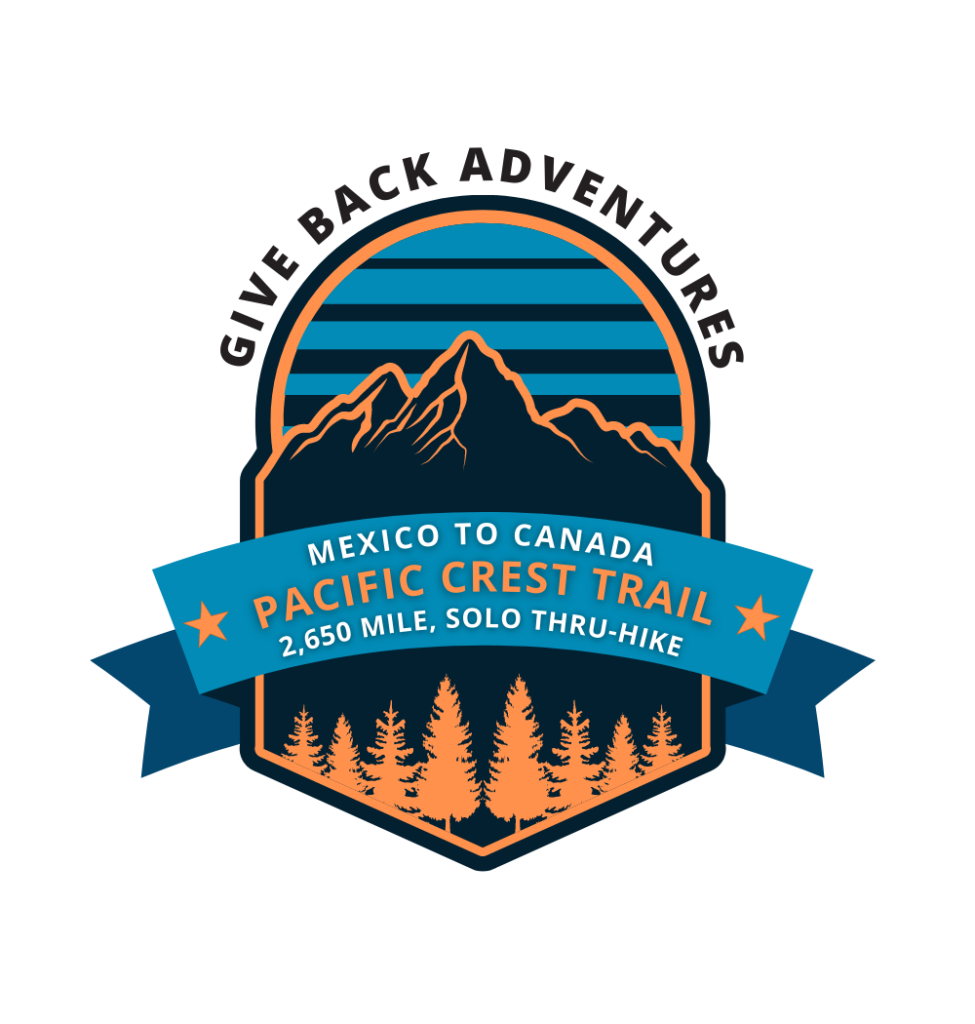
2023 -
Pacific Crest Trail
Mexico to Canada
2,650 Mile
Solo
Thru-Hike
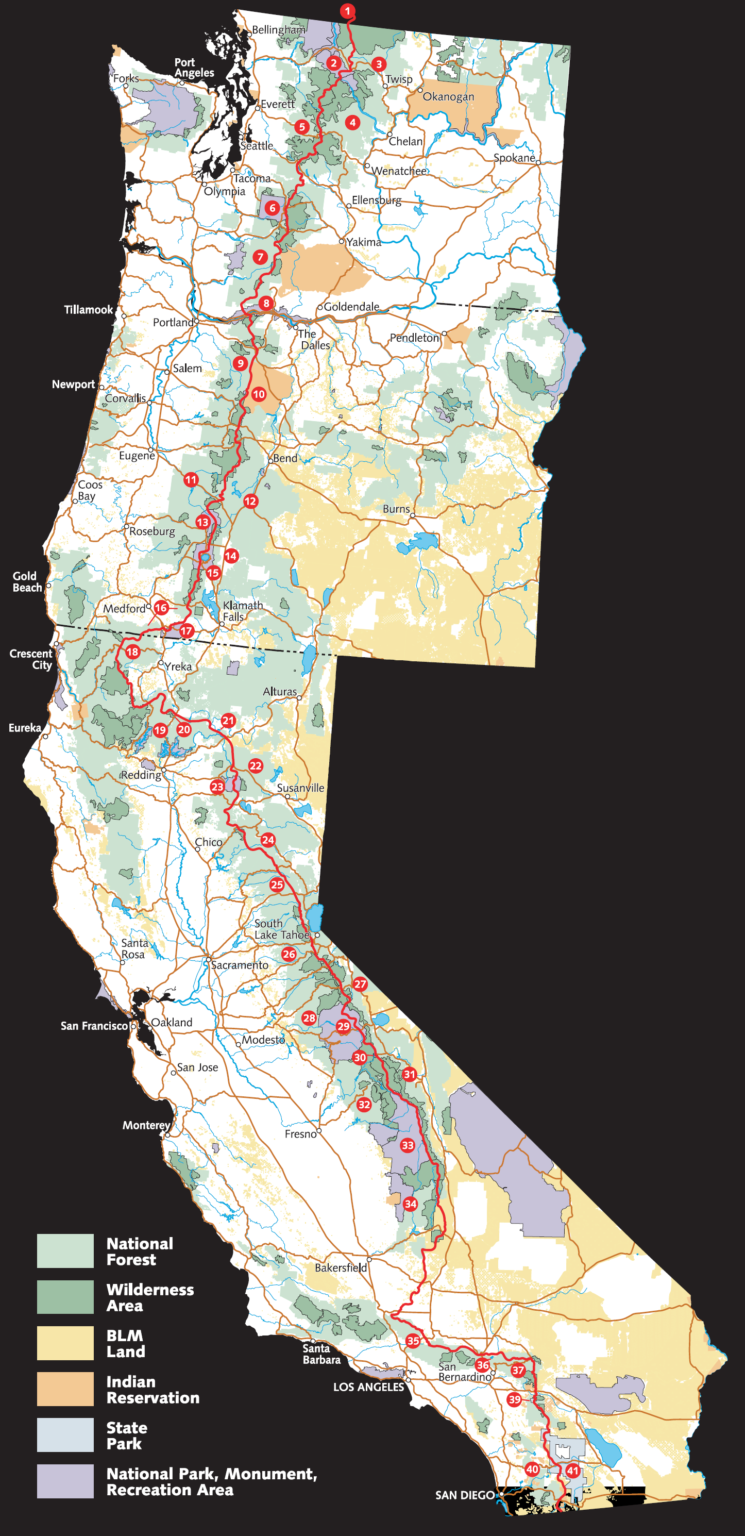
2023 was an exciting and adventurous year as John Silva of Give Back Adventures embarked on a solo thru hike of the Pacific Crest Trail starting in March, 2023 to raise funds, as well as awareness, for Amador Trail Stewardship.
Thru-hiking refers to hikers who complete long-distance trails from end to end in a single trip and is a long commitment taking between five and six months. The Pacific Crest Trail Association estimates it takes most hikers between six and eight months to plan, train and get ready for their trip. The PCT is 2,650 miles long and ranges in elevation from 110 feet near Bridge of the Gods at the Oregon-WA border to 13,153 feet at Forester Pass in the Sierra Nevada. The route passes through 25 national forests and 7 national parks, while its midpoint is near Chester, CA where the Sierra and Cascade mountain ranges meet.
This promises to be a challenging adventure as Silva hikes through the Southern California desert region from the PCT southern Terminus at the Mexico border near Campo, CA, for over 700 miles to the start of the Sierra Nevada at Kennedy Meadows South (KMS). Hazards in this section include the possibility of high temperatures, scarce water and being on alert for scorpions and rattlesnakes.
From KMS, Silva will continue carrying everything on his back as he continues northbound into the Sierra Nevada mountains. Challenges will include negotiating snow covered terrain and hiking over (8) Sierra passes with each being over 11,000 feet.
One of the biggest logistical challenges will be getting off trail and into towns to resupply with food. This usually involves hiking off the PCT and hitchhiking into the closest town.
Other challenges will be negotiating the threat of wildfires in northern California, Oregon and Washington; as well as dealing with “Hiker hunger” due to not being able to carry enough food to make up for the huge amount of calories burned along the trail.
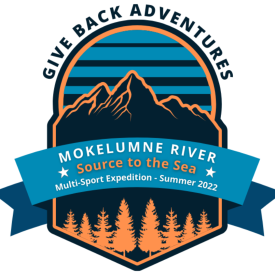
2022 -
Mokelumne River
Source to the Sea
600+ Mile
Multi-Sport
Expedition
Starting in Jackson, California and benefiting Foothill Conservancy, this 600+ mile expedition followed the Mokelumne River from several peaks forming its headwaters, down through the foothills & across the California Delta before heading out beneath the Golden Gate Bridge to the Pacific Ocean. Multiple sports were utilized including bikepacking, mountain climbing, backpacking, whitewater kayaking, canyoneering, whitewater rafting and sea kayaking. From San Francisco, it was back on bikes across the Golden Gate and Richmond-San Rafael bridges and through the Oakland hills to the finish in Jackson.
STAGES -
MOKELUMNE RIVER, SOURCE TO THE SEA
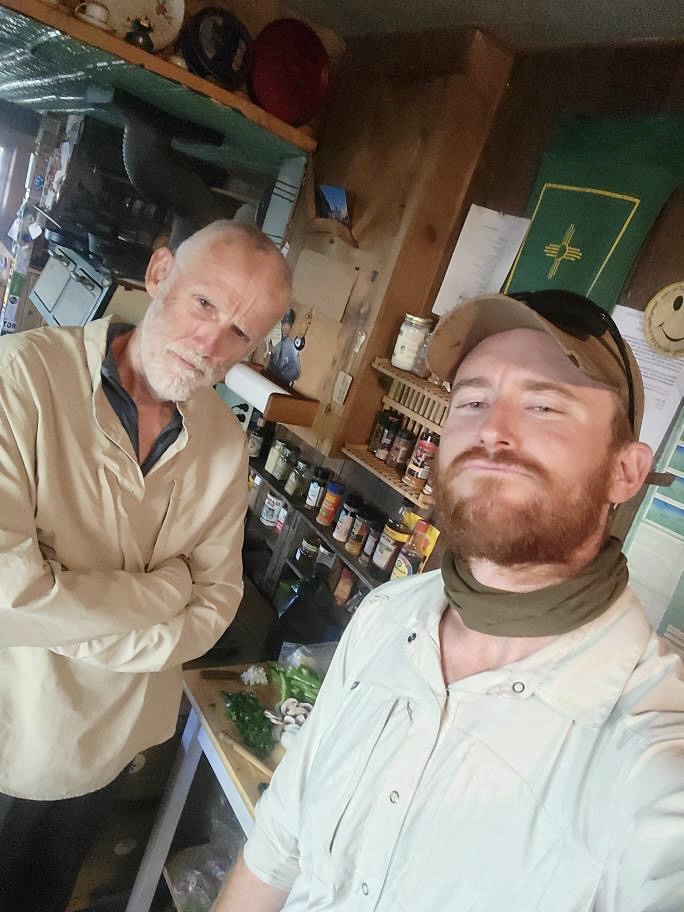
Jackson to Ebbett's Pass: brutally challenging route over extremely difficult terrain with an insane amount of elevation gain. This stage will most definitely be a "Suffer-Fest". Further details can be viewed on maps located further down on this page.
STAGE 1: BIKEPACKING; 108 MILES, 24K ELEVATION GAIN

Backpack & climb Mokelumne Peak; 27.5 miles / 7,325 feet elevation gain. This will be the first peak of the expedition & we will be climbing the seldom used & much more challenging northeast spine of the peak. Looking forward to the spectacular views.
STAGE 1-A: BACKPACK & CLIMB MOKELUMNE PEAK

Ebbett's Pass to Hermit Valley; 26 miles, 8,780 feet of elevation gain. Very challenging route that includes a significant portion of no trail/cross-country navigation between several of the peaks...
STAGE 2: BACKPACKING & CLIMBING (8 PEAKS)

Hermit Valley to Devil's Nose put-in; 30 miles, 4,043 feet elevation gain. Highlights include Monte Wolfe's cabin; Mokelumne Buttes, prolific rattlesnake habitat all in a spectacular canyon with very rugged terrain.
STAGE 3: BACKPACKING, NF MOKELUMNE RIVER

Kayak the Wild & Scenic Mokelumne River from Devil's Nose put-in to Tiger Creek Dam; 16 miles. Section includes class III, IV & V whitewater that winds through a deeply forested and seldom traveled canyon.
STAGE 4: WHITEWATER KAYAKING, MOKELUMNE RIVER - DEVIL'S NOSE TO TIGER CREEK.

Kayak from Tiger Creek Dam to Hwy 26 (PG&E WP powerhouse), 3.5 miles. This stretch is a popular Class 3/4 whitewater run; however, due to the poor snowpack we will likely be faced with very. low water. Either way, we'll still enjoy the beautiful canyon!
STAGE 5: WHITEWATER KAYAKING

Mokelumne River to Roaring Camp, 6 miles. This section is quite hazardous & should never be attempted by anyone without extensive mountaineering & technical canyoneering experience. Hoping to get to Roaring Camp on their weekly BBQ night!
STAGE 6: CANYONEERING

Roaring Camp to Lake Pardee, Middle Bar take-out, 11.2 miles. Hoping to have enough water below Electra Powerhouse to raft from Vaughts Beach to Middle Bar. Thanks in advance to Roaring Camp staff for assisting us with logistics.
STAGE 7: WHITEWATER KAYAKING & RAFTING

Lake Pardee Middle Bar take-out to Lake Camanche Dam, 18.1 miles. No shade, lots of flatwater paddling and getting around two major dams will be the theme for this stage. Thanks in advance to EBMUD for their assistance with logistics and permits.
STAGE 8: SEA KAYAKING, LAKE PARDEE & CAMANCHE

Mokelumne River from Lake Camanche Fish Hatchery to Lodi Lake; *** miles. Looking forward to the shade of this tree canopied stretch of river which will start to diminish as we continue downstream from Lodi Lake towards the California Delta..
STAGE 9: SEA KAYAKING, CAMANCHE TO LODI LAKE

Challenges include navigating through the the Delta region, followed by hazardous tides in the Angel Island & Golden Gate Bridge areas of the San Francisco Bay before reaching Baker Beach which we hope will have favorable surf conditions.
STAGE 10: SEA KAYAKING, LODI LAKE TO BAKER BEACH

This stage is 48.4 miles long and has 2,369 feet of elevation gain. Highlights include riding across the Golden Gate & Richmond-San Rafael bridges and then negotiating extremely steep residential streets in the Oakland Hills before reaching the redwoods of Tilden Park, Orinda, Moraga and the St. Mary's college campus, before reaching Lafayette.
STAGE 11: BIKEPACKING, BAKER BEACH TO LAFAYETTE

107 miles with 1,674 feet of elevation gain. Starting in the hills of Lafayette, we will quickly go through the City of Martinez, where we will be sure to visit the John Muir National Historic Site managed by the National Park Service. From there it'll be skirting a few oil refineries as we head across the Carquinez Bridge utilizing bike routes to Sacramento and Elk Grove.
STAGE 12: BIKEPACKING, LAFAYETTE TO ELK GROVE

58.3 miles and 1,920 feet of elevation gain back to the finish in Jackson, California after what promises to be an amazing journey. However, it is important to point out that an adventure isn't really an adventure until things go wrong, which I'm sure we will have to remind ourselves of throughout this expedition.
STAGE 13: BIKEPACKING, ELK GROVE TO THE FINISH IN JACKSON, CALIFORNIA
